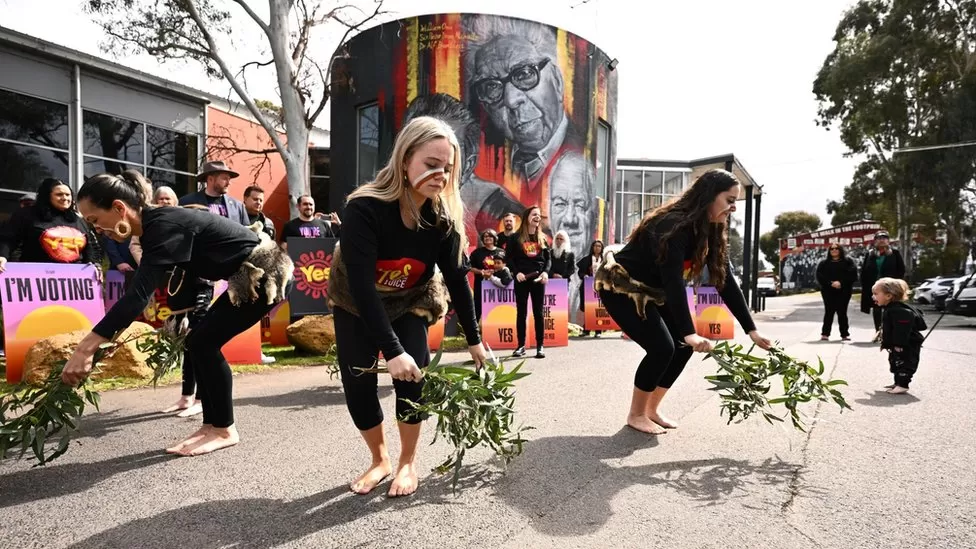Indigenous rights vote is a reckoning for Australia

Known as the Voice, the proposal will recognize Aboriginal and Torres Strait Islander people in the constitution and create a body for them to advise governments.
Advocates say it’s a “modest yet profound” change that will allow Indigenous Australians to take “their rightful place” in their own country.
Legal experts reject the claim that it will permanently divide the country by giving First Nations people greater rights than other Australians because of its “radical” nature.
How have other nations handled the issue of Indigenous recognition, and is the Voice really radical? Among settler nations, Australia has never made a treaty with its Indigenous peoples, according to colonial historian Prof Amanda Nettelbeck.
In addition, it has never recognized Aboriginal and Torres Strait Islander people as its first inhabitants. There are no dedicated seats in government for them since they were not fully counted in the population until 1971.
The right to vote in national elections was finally granted to them in 1962. There have been calls for greater self-determination for generations.
As frontier violence and European diseases decimated First Nations communities during the 1800s, First Nations leaders fought for control over their own affairs. Civil rights groups were forming across the country by the early 20th century.
During the 1930s, 1,800 First Nations signed a petition to King George V calling for “a member of parliament, of our own blood.”
The document was eventually delivered to the Crown by William Cooper, a Yorta Yorta activist. There was never a problem.
